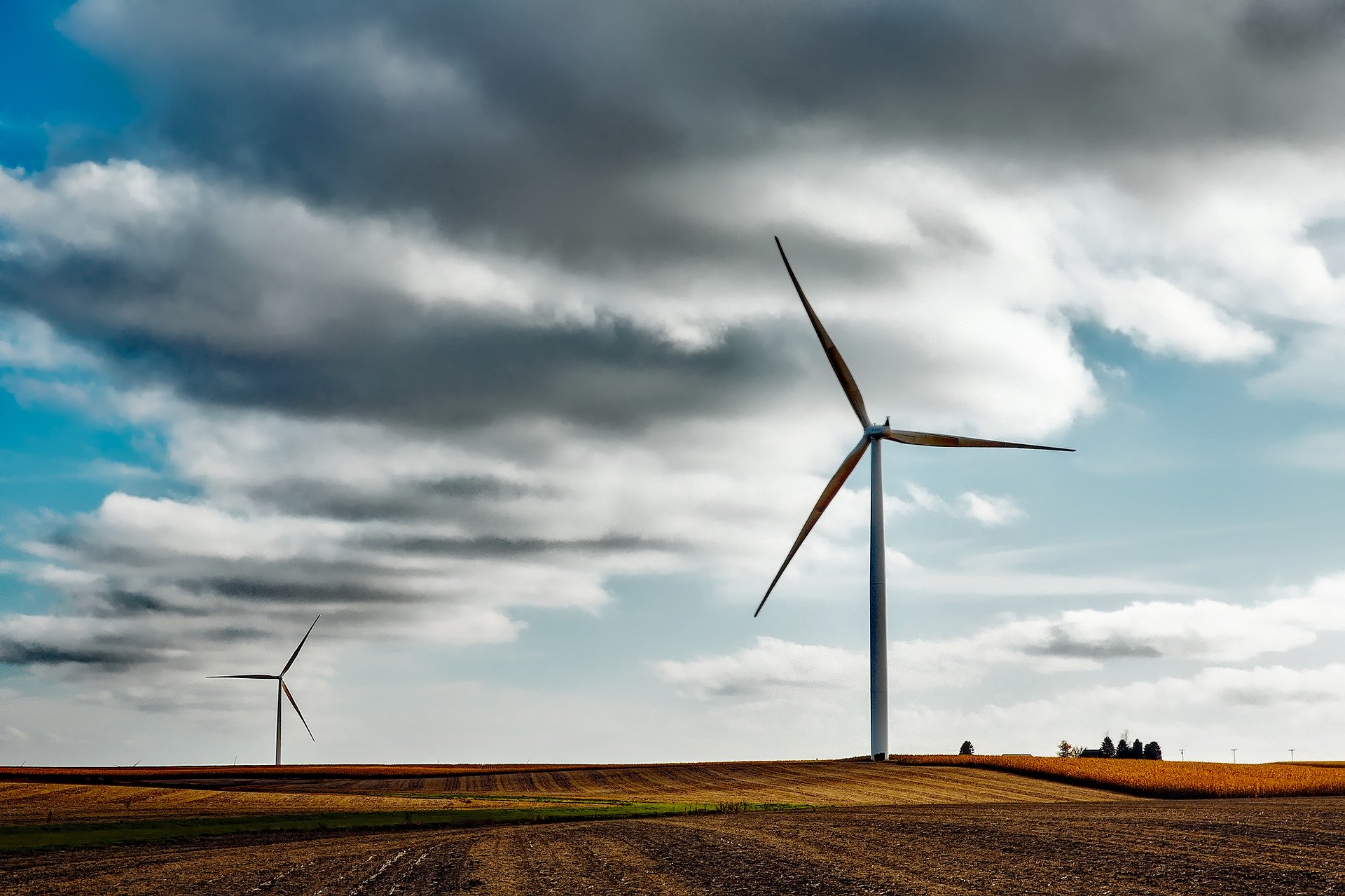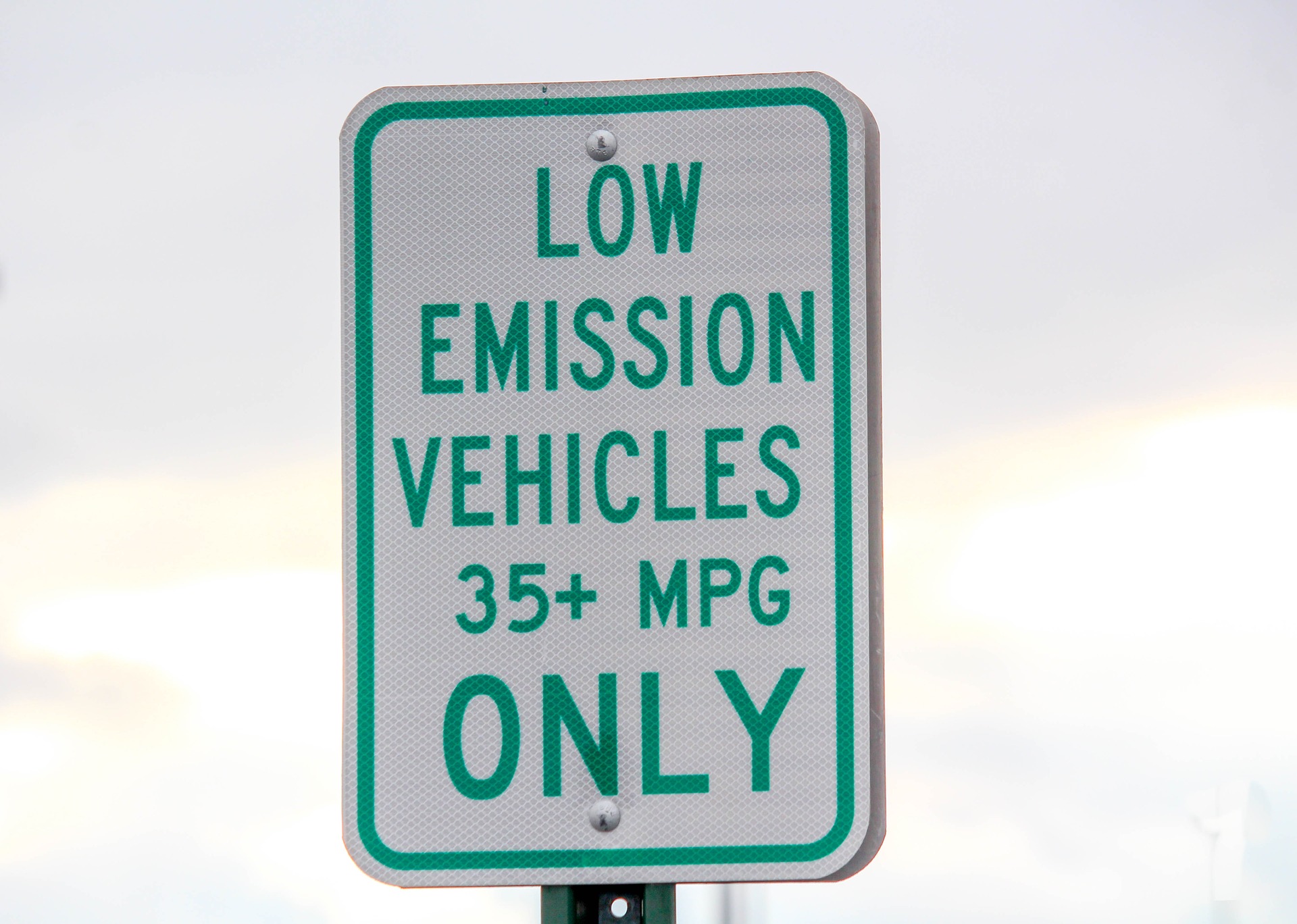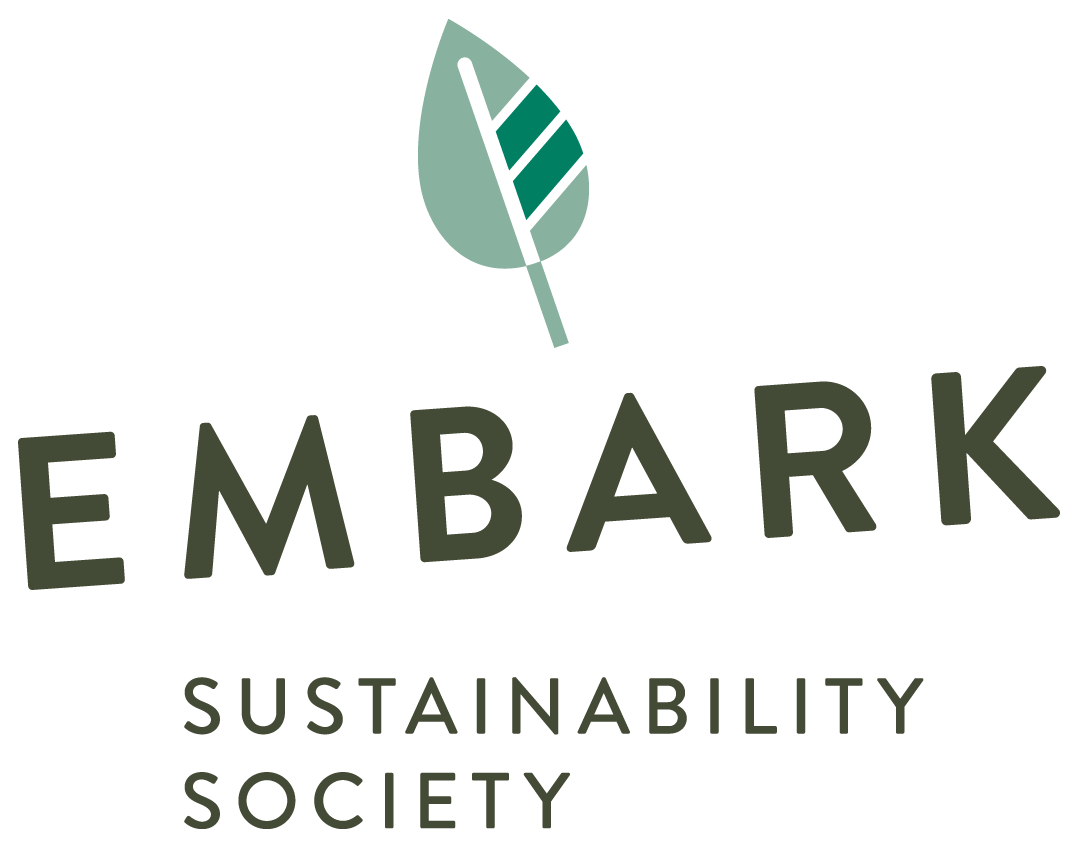The Future of Natural Gas in Vancouver
This was written by Hannah Jensen, an Environmental Science student from North Vancouver. When she isn’t at SFU, you’ll find her working as a lifeguard, training for triathlons, or going on adventures in the outdoors.

Image by Free-Photos from Pixabay
Vancouver is attempting to switch to all renewable energy sources by 2050 in accordance with its Renewable City Strategy (RCS). It defines renewable energy as electricity (if it is generated as hydropower, solar, wind, etc), and other recycled sources such as biomethane. Vancouver currently runs on 31% renewable sources. The rest of our energy comes from fossil fuels, mainly natural gas and gasoline which are used mostly for buildings and transportation. The plan aims at reducing Vancouver’s contributions to climate change and reducing costs for citizens and businesses.
A component of the RCS is the Zero Emissions Building Plan. Natural gas currently supplies 58% of the energy used in buildings, while electricity makes up 42%. As such, approximately 96% of greenhouse gas emissions from an individual building are caused by natural gas, and 56% of the city’s total GHG emissions are from buildings.
The Zero Emissions Building Plan outlines a phased approach to reducing this number. For new buildings, emissions must be reduced by 70% by 2020, 90% by 2025, and 100% by 2030. Our own households will not be impacted by this, as we will not be required to switch out our existing natural gas appliances. Restaurants will also continue to be allowed to use natural gas for cooking. However, between 2030-2050, buildings that do not meet new standards will undergo retrofitting, and homes will be connected to new renewable neighbourhood systems. Any buildings that cannot be brought to the standard will run on biomethane. Essentially, we won’t feel any changes for another 15 years, but there is definitely uncertainty as to what will happen after that.

Image by Greg Reese from Pixabay
The fossil fuel phase out will increase our electricity needs by about 20%. The City of Vancouver plans to use solar power to generate on-site electricity, as well as geoexchange and air source, pumps for heating. This should minimize the need to expand current hydropower operations.
According to the City of Vancouver website, fossil fuels are already contributing to environmental changes in our city. We have seen sea level rise, increased frequency and intensity of heat waves and storms, drought conditions in the summer, and a switch from winter snow to winter rain. Burning fossil fuels also decrease air quality, affects human health, contributes to habitat loss, and influences agricultural productivity.
Natural gas, while much cleaner than oil and coal, is still not as “clean” as the provincial government would like us to believe. When burned, it releases sulfur dioxide and nitrogen oxides into the atmosphere, building up ground-level ozone and causing acid rain. Natural gas fueled plants also release fine particulate matter that can accumulate in the lungs of humans and other animals, causing various health problems. Natural gas extraction (fracking) uses large quantities of water, generates chemical filled wastewater, and contaminates freshwater resources.
A move away from fossil fuels is positive for the environment, but many people are still skeptical. Jordan Bateman, BC director for the Canadian Taxpayers Federation, estimates that most families will pay around $1400 more in electricity costs per year once natural gas use it eliminated. Restaurants and other businesses will also experience steep costs. It is unclear where the cost savings promised by the City of Vancouver lie.
Keep in mind that this plan only applies to the City of Vancouver, and not surrounding municipalities. However, if Gregor Robertson’s plan is accepted and successful, chances are that other cities will eventually follow suit.
Sources:
https://www.biv.com/article/2016/9/fort-st-john-mayor-critical-vancouver-natural-gas-/
http://vancouver.ca/news-calendar/clarification-of-citys-position-on-natural-gas.aspx
http://vancouver.ca/news-calendar/vancouver-takes-next-step-to-advance-renewable-city-strategy.aspx
http://vancouver.ca/green-vancouver/why-renewable-city.aspx
http://vancouver.ca/files/cov/renewable-city-strategy-summary.pdf
http://globalnews.ca/news/2958288/city-of-vancouver-votes-to-ban-natural-gas-by-2050/
